Getting older comes with a lot of new avenues to walk down, some are frustrating whilst others are surprising, so when it comes to nutritional needs and how they change, you may feel annoyed to know that you can’t exactly eat the same thing you did at 10 years old with the age you are now.
Older adults, on one hand, need more vitamin D in their diets as well as calcium to help with bone health. This is because organ function tends to lose its regular efficiency, and bone density reduces over time. This warrants the need for necessary tests and diagnostic medical imaging in Millburn, NJ, as well as other places worldwide. By monitoring nutrient levels and bone health through tests and screening, adults can take measures to ease themselves into old age.
Younger adults, on the other hand, have more lean muscle mass and stronger bones. It does depend on the individual and their current health, but no matter the age, nutrient-rich foods are always an essential part of any diet. In today’s article, hopefully, you will be able to understand just why our bodies change over the years and you will get the answer to the question – “how do nutritional needs change over time?”
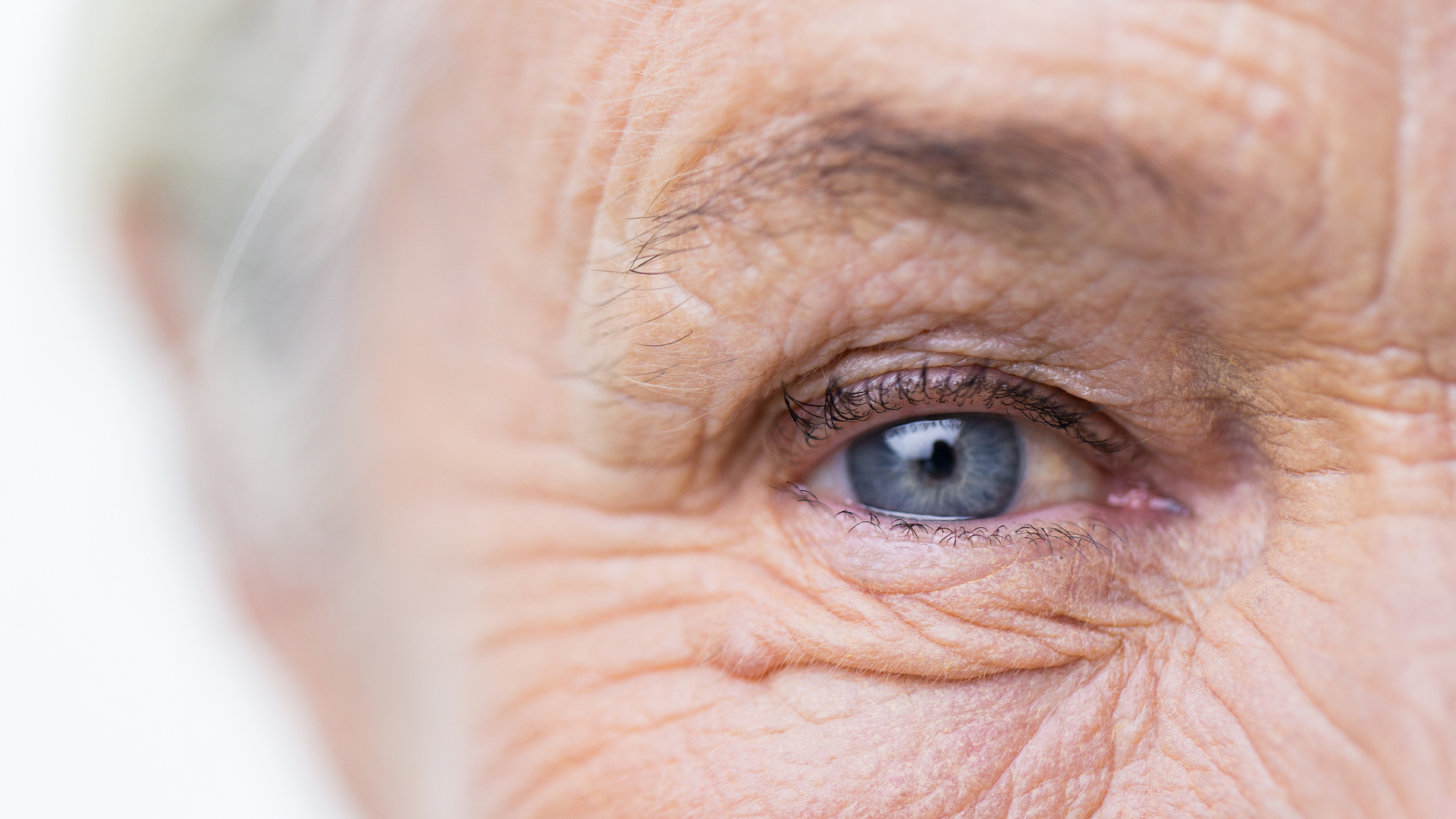
Why Nutrition is Important?
The need for macronutrients and micronutrients changes as you age due to the need for fewer calories so that you do not gain unnecessary weight which has the potential to lead to a myriad of health problems. As long as you adjust your body so that you absorb nutrients and vitamins in the correct amounts, you should be fine.
What Will Bad Nutrition Do?
Eating fatty foods and drinking alcohol when you get older will not provide you with a healthy brain function or a healthy body, in fact, it can lead to chronic disease and nutritional deficiencies that will plague you later on in life.
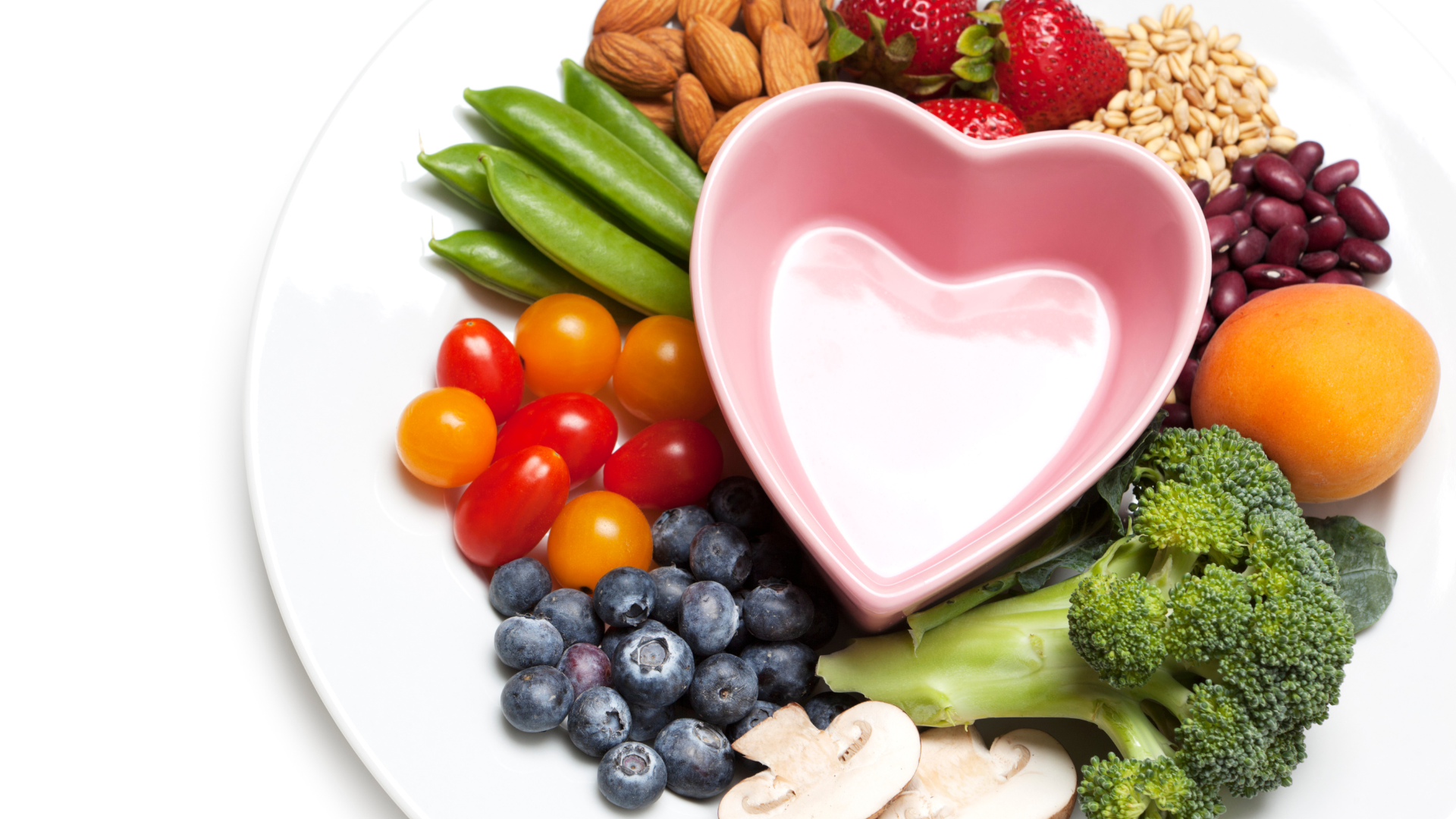
Why Focus on Older Adults?
Adequate nutrition is always at the top of the list for everyone, but older adults will need to focus on that more to support the changes in their bodies. Usually, their nutritional needs are taken care of at lovely senior living homes or by their primary caregiver. They need to be fed well and given the proper foods as they would otherwise be prone to lose muscle mass and bone density, which is an age-related loss, and their stomach acid will change which affects digestion. This may also mean that they will need dietary supplements to get their daily dose of vitamin D and vitamin B12, for example.
The body’s ability to absorb nutrients will change, and that is not something that will stop happening, so adapting to that change and eating more fortified foods, healthy fats, and nutritious foods can help your body remain fit and healthy as the years go by.
The fear of contracting chronic diseases like heart disease or having bowel-related issues because of inadequate nutrient intake is always a worry and a possibility. If that happens, then the nutritional care and needs of the person further evolve and need to be looked after quite meticulously. Care for family or similar services can be the answer in that regard, to provide the best possible care for older adults, since they definitely need it. Our bodies can’t stay 20 forever, and we are well aware.
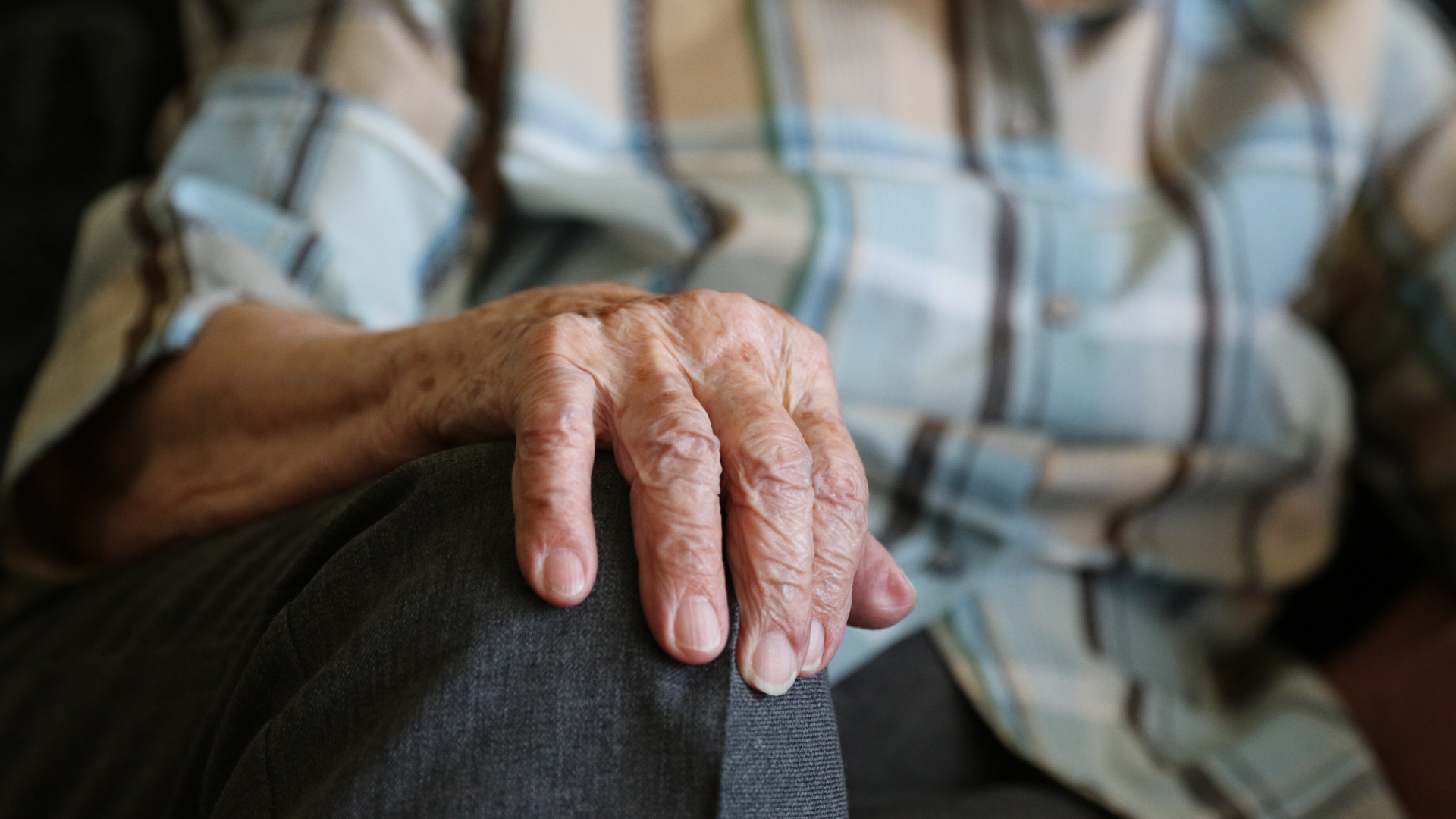
Downsides to Nutritional Changes
Older adults are more prone to getting dehydrated as their bodies are not as receptive to when they need to drink or eat, so they don’t think much of having a glass of water or eating something, this means that they are not taking in essential fatty acids such as omega 3 fatty acids or they develop of vitamin D deficiency which adds to their dwindling bone health.
Losing Appetite
Getting older will mean a smaller feeling of hunger (low hunger hormones) which results in them feeling a lot fuller (high fullness hormones), quicker. Not being aware of this can lead to malnutrition which can involve weight loss and poor health.
If you are an older adult, it is best to make sure that you are having the recommended amount of meals per day which meet your nutritional needs, as well as adding healthy snacks to your meal plans so that you get what you need, when you need it to stave off hunger and weight loss.

Don’t Forget the Calcium
Calcium is an essential nutrient that older adults need, so to make sure that you are getting enough calcium in your diet, you will need to up your vitamin D levels (appropriately), to help the body absorb calcium for your bones. Think of adding dairy foods as well as fish, leafy greens, beans, and so on, to keep your body in tip-top shape.
Dehydration
As the body ages, it is normal for the ‘thirsty’ signals to go down in our brains, so we are not as aware of when we need to drink to make sure our bodies are functioning properly. This turns into a big problem for many older adults who need to keep their fluid levels at a good amount so that their brains are working efficiently and their kidneys are doing their job.
A well balanced diet may be key, but so is a body that is hydrated. You need to remind yourself to drink throughout the day. Keep a bottle of water on you that tells you what level you need to drink at during certain times of the day to meet those targets.
Younger people know when they need to drink and how much they want, older people will not. Plan for that, otherwise you could be dehydrating yourself and causing more health problems that you won’t be able to shake as you get older. Stay hydrated, stay healthy.
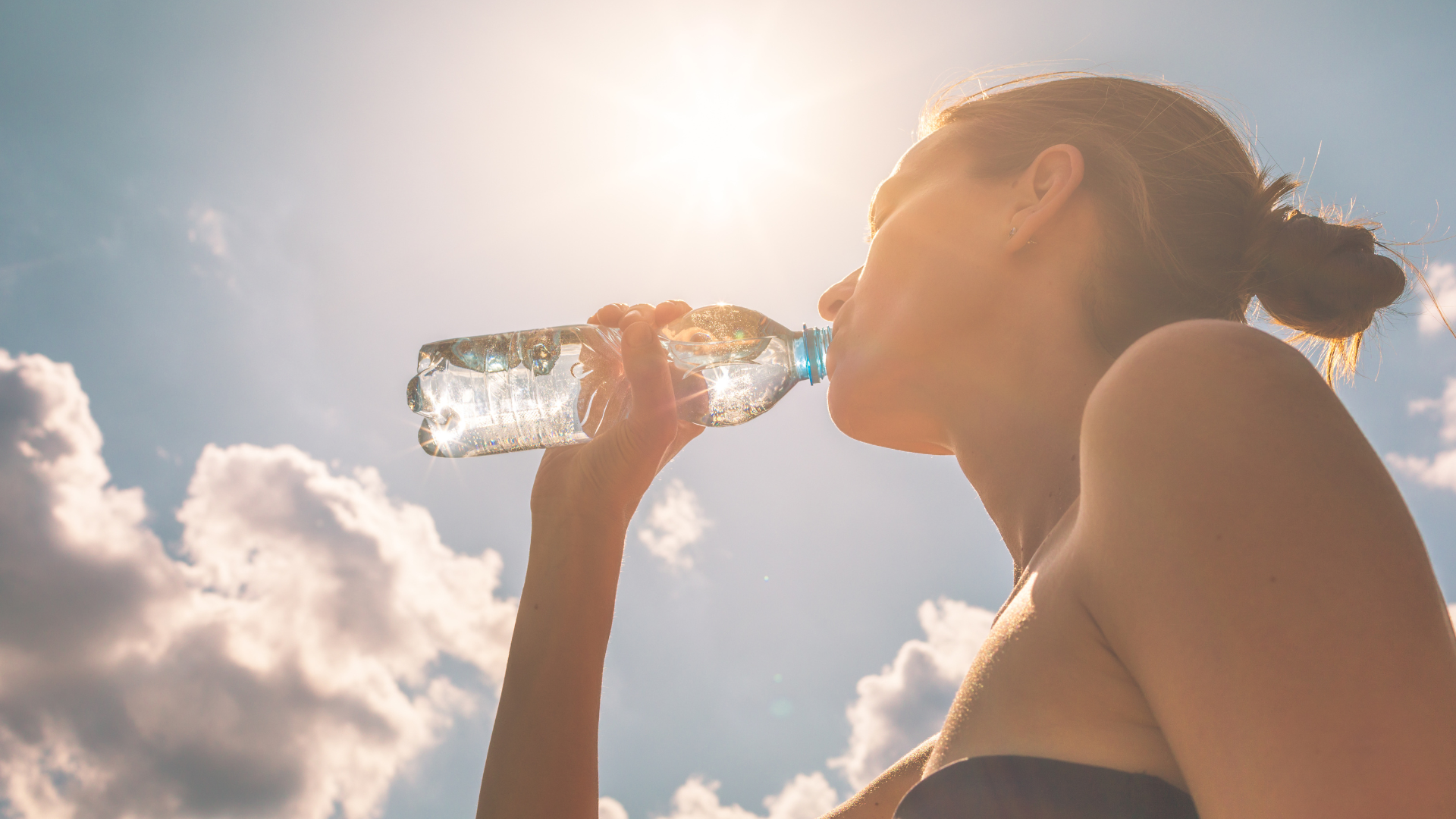
What Needs to be Done?
Ageing may bring many deficiencies that can have adverse effects on the body when left unaddressed for a long time. However, there are ways that they can be corrected – a diet rich in nutrients, or perhaps, treatments that involve the prescription of iron, hydration, and vitamin drips in London and similar places worldwide.
Now you know what can happen and what that may mean for your body, it is good to know what else you can do to keep yourself healthy and operating.
Consume More Vitamin B12
Your central nervous system needs vitamin B12 to keep running. If you do not have the right amount of vitamin B12 in your diet, you will experience dizziness, fatigue, and potentially dementia.
Vitamin B12 will keep your blood and cells at a healthy level. As you age, this essential vitamin decreases, and medications can stop the absorption of it. So, if you need more vitamin B12, then you will need to think about eating –
- Fortified foods
- Dairy
- Animal foods
- Salmon
- Eggs
However, if you are on a vegetarian diet, then you will need to look at taking dietary supplements instead to meet those requirements, so you do not miss out.
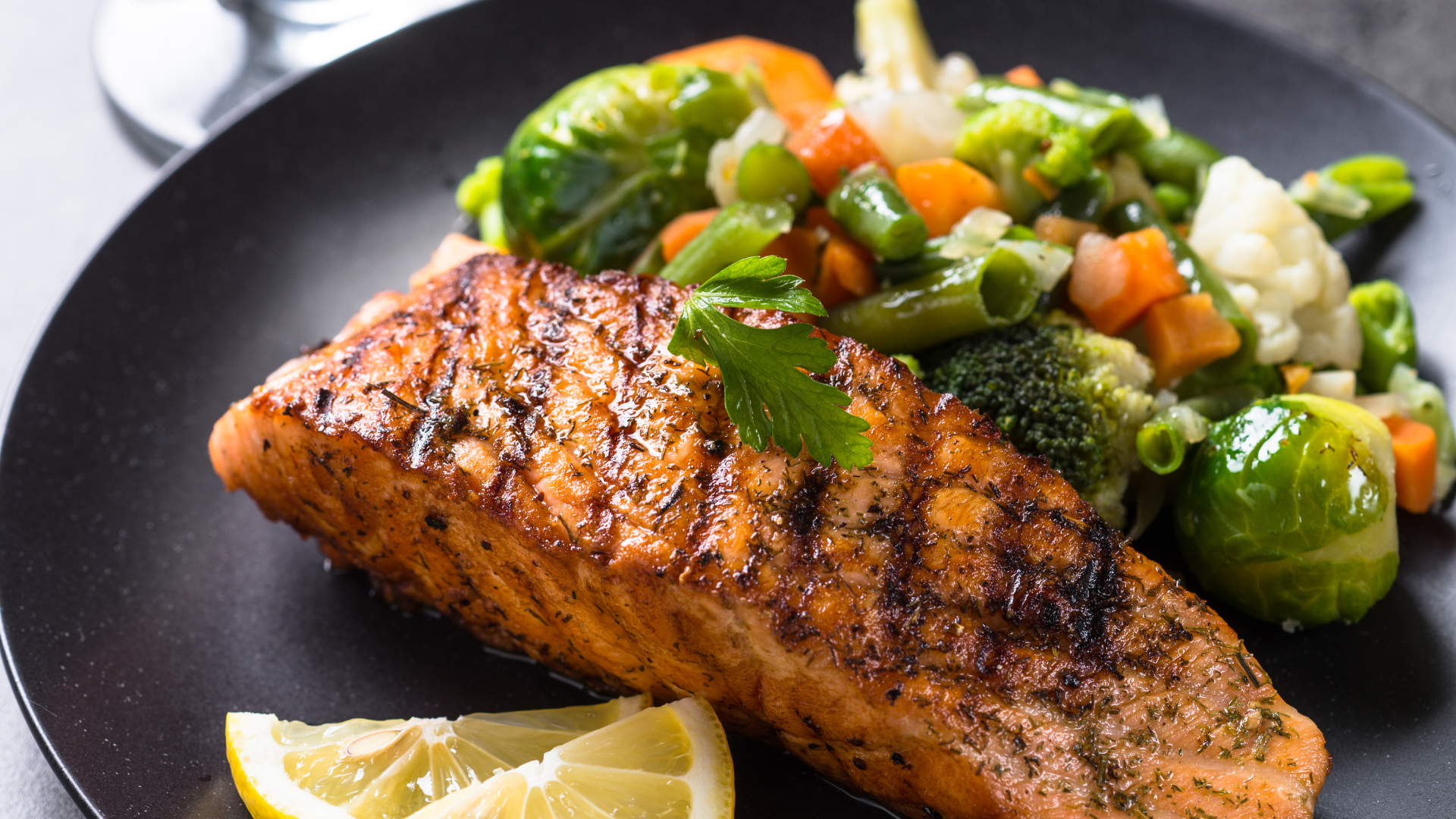
Don’t Forget Protein
Muscle mass will decrease as you get older, so you need to focus on upping your protein so that you can support your body and make it stronger. Just as calcium will help with bone health, protein-rich foods will be very important too.
You will want to take a look at foods such as –
- Meat
- Poultry
- Fish
- Eggs
- Grains
- Nuts
- Seeds
These can be some of the best options to go for, just make sure that you mix it up every once in a while and take in lean protein to support your system. Don’t forget the essential amino acids as well as they will also be crucial to muscle health and keeping the body strong.
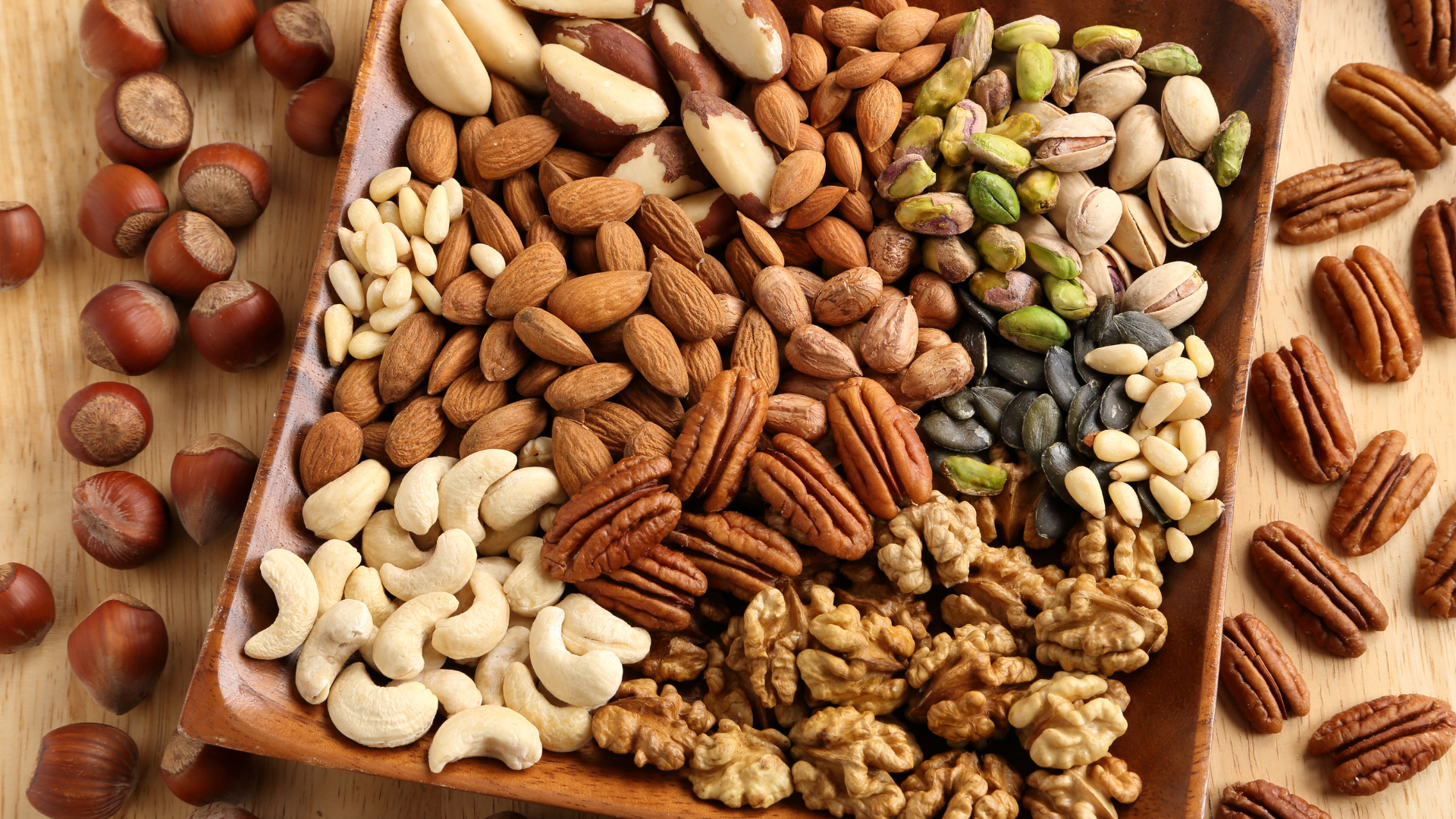
Pack in Those Nutrient Rich Foods
It may seem one of the most obvious things to say, but more nutrients for an older body are always going to be an important factor when getting older. Having a good balance of fewer calories (older adults generally will need fewer calories) but more nutrients can be a frustrating wire to balance on, but it is important.
Certain foods you used to eat when you were younger wouldn’t affect your weight at all, but will now mean weight gain for you, so be mindful of what you are putting in your body and focus on your nutrient needs with whole grains and other whole foods, as this will give your body a fighting chance.
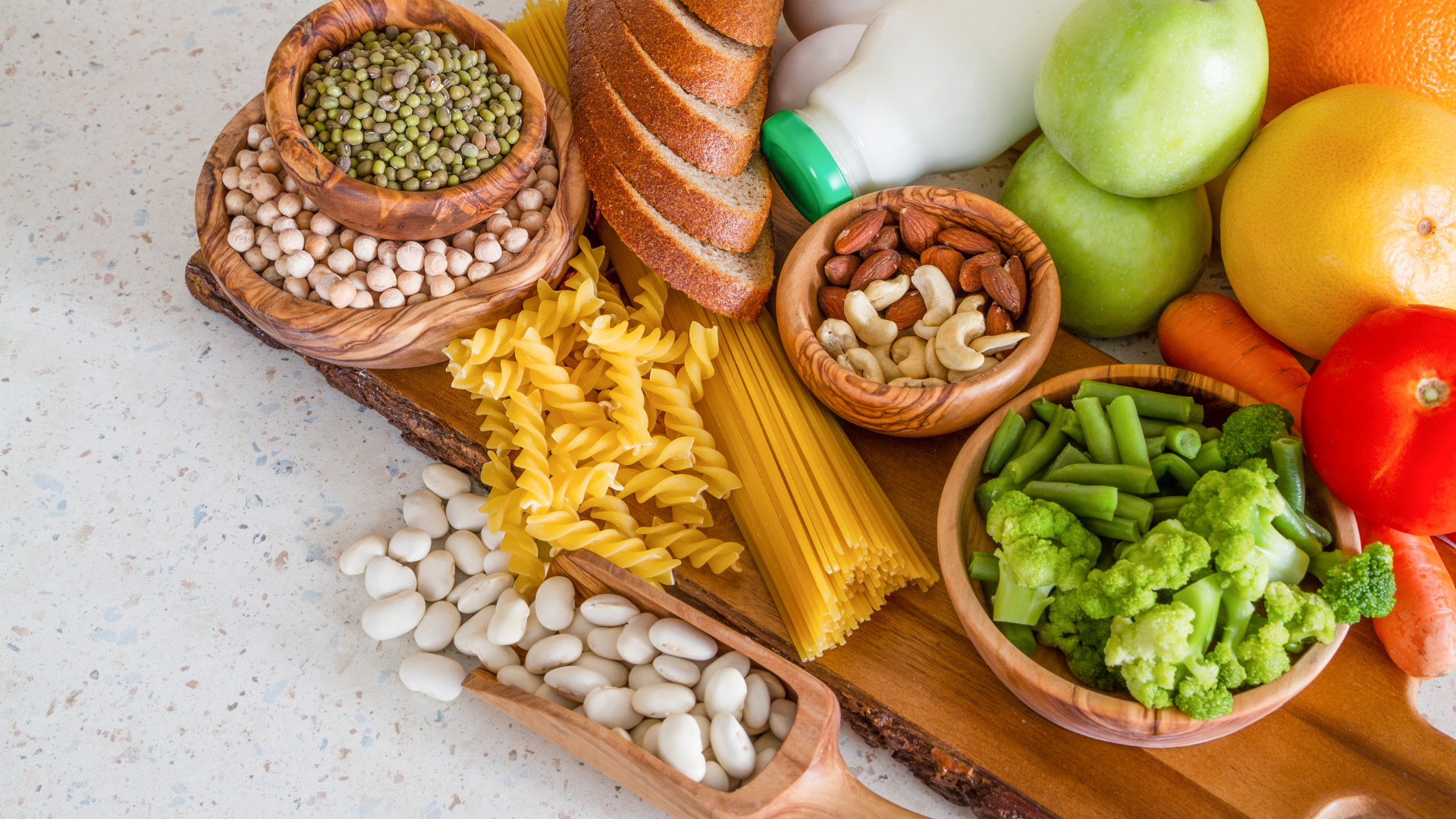
Conclusion
There you have it, hopefully, you understand how nutritional needs change over time and how certain nutrients need to be the focus of your diet as you get older. It is not fun and it can cause you to be annoyed at being so aware of what you need to do, but in the long run, it will help you out immensely and keep your body fit and healthy.

